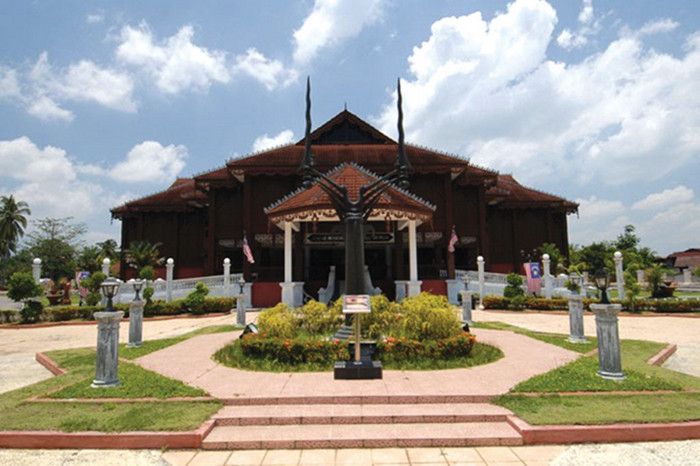Climate change and the hot news in Pasir Salak


Connexion
By Joachim Ng
Cool rainy days are likely to make you forget that just two months back Ipoh registered 36oC one sizzling afternoon, and 35oC for a total of eight days. It wasn’t the first time this year that Ipoh hit 36oC. It did so in March, also for one day, and was soon forgotten as April temperatures dipped slightly. Few want to remember Ipoh hitting 37oC in year 2014 and again in 2016.
But old scouts would remember the 1950s and 60s when houses and cars were not air-conditioned and campers slept in canvas tents near Tiger Lane. No sweat off their brows. Today, motorists switch on high cool the moment they start up. The next few years may see new highs, as long-term charts indicate a sustained uptrend. If 40oC rings in, it will be a silver medal for Perak. Most cities around the world have either hit 40oC already or are, like Ipoh, inching towards that landmark figure. Karachi saw 80 people die of heatstroke, when temperatures went slightly higher than 40oC in August. India has already soared into uncharted territory with Rajasthan state hitting 51oC.
Sea levels are rising, including the waters at Melaka Straits, and Sungei Perak may one day overflow its banks affecting riverine towns like Pasir Salak near Teluk Intan. Of course, we didn’t just wake up to news that there is global warming. If you are below 50 years of age, you belong to the climate change generation. You didn’t know life before climate change, but you probably know that today’s climate change is human induced. This means it should be reversible. So, why aren’t we making efforts to reverse it?
Pasir Salak could have served as an ideal platform to launch Perak on the road to climate recovery. There, 10,000 people gathered in September just days after the August sizzle to hear speeches about coming danger. However, the clamour was about threats to Islam and Malay institutions. Rallies calling for “protection of race and religion” are a growing phenomenon in America, Europe, Africa, Australia, and most of Asia as influential politicians rouse fears of danger posed by ethno-religious minorities.
With our minds fixated on threats from other human groups, there is no political focus on climate change. Instead, divisive politics is widening the cleavage between minorities and the majority — smack in the face of warnings by scientists that we have only till 2020 to avert runaway climate change.


